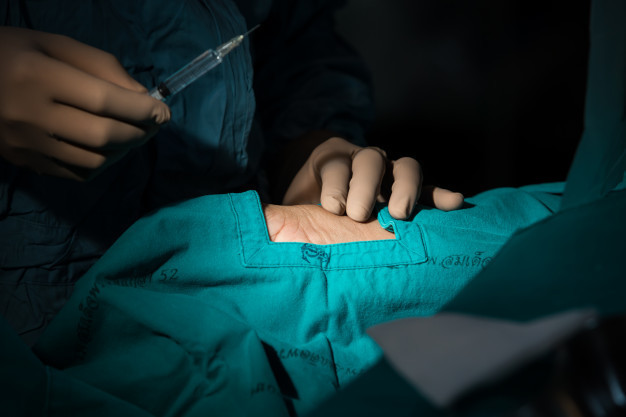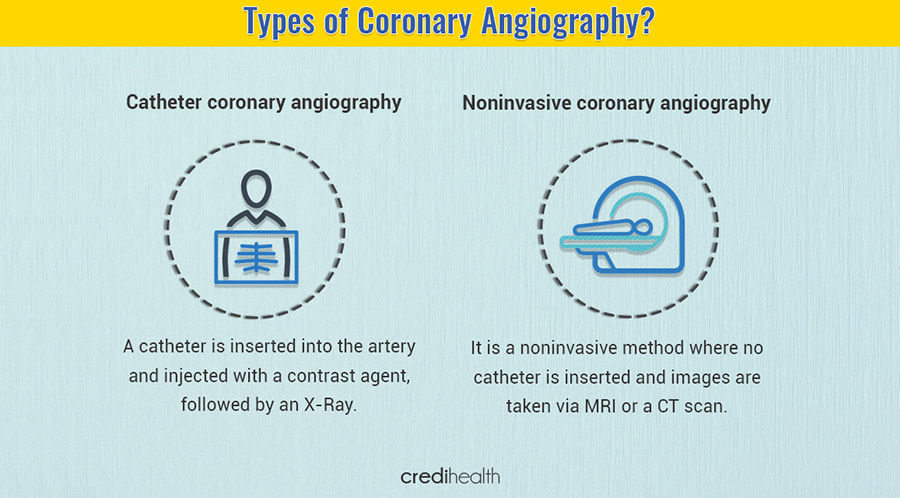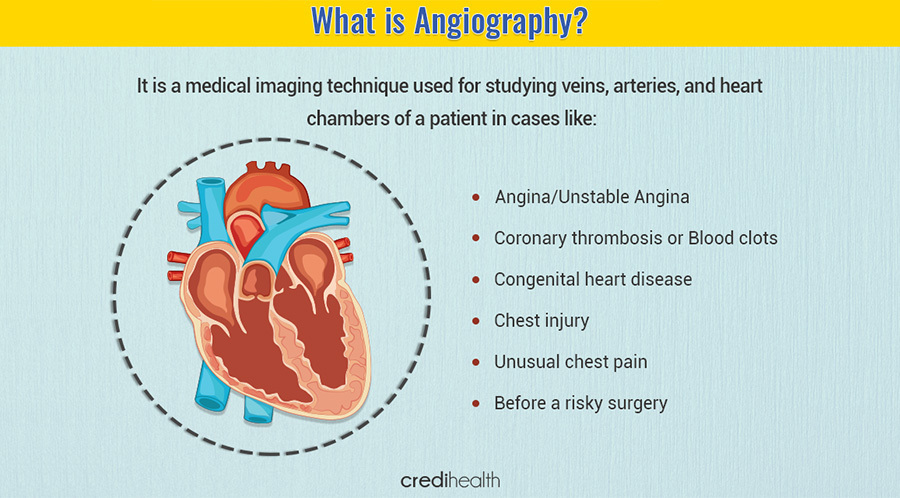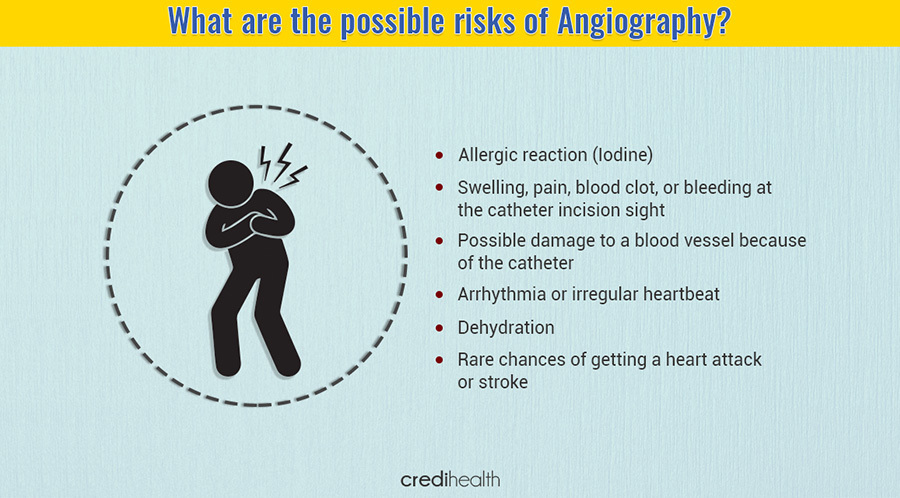Coronary Angiography Cost in Delhi
Get Cost of Coronary Angiography in Delhi
Top Doctors for Coronary Angiography in Delhi
MBBS, MS - Surgery, PhD - Cardiovascular Surgery
Chairman - Cardiac Surgery
42 Years Of Experience, 3 Awards
Cardiac Surgery
MBBS, MD - General Medicine, DM - Cardiology
Senior Consultant - Cardiology
30 Years Of Experience,
Cardiology
MBBS, MD - Medicine, DM - Cardiology
Chairman - Cardiology
50 Years Of Experience,
Cardiology
MBBS, MD - Internal Medicine, DNB - Cardiology
Senior Consultant - Cardiology
16 Years Of Experience, 2 Awards
Cardiology
MBBS, MD - Internal Medicine, DNB - Cardiology
Senior Consultant and Head - Interventional Cardiology
20 Years Of Experience,
Cardiology
Coronary Angiography Cost from trusted Hospitals in Delhi

Human Care Medical Charitable Trust, Adjoining MTNL Building, Delhi NCR, NCT Delhi, 110075, India
Multi Speciality Hospital

B-16, Chirag Enclave (Opp. Nehru Place), Delhi NCR, NCT Delhi, 110048
Super Speciality Hospital

25 AB, Aashlok, Delhi NCR, NCT Delhi, 110029
Multi Speciality Hospital

A Block, Shalimar Bagh, Delhi NCR, NCT Delhi, 110088
Multi Speciality Hospital

Near TV Tower, Wazirpur District Centre, Pitampura, Delhi NCR, NCT Delhi, 110034
Multi Speciality Hospital
What is the average cost of Coronary Angiography in Delhi?
The cost of Coronary Angiography in starts from Rs. 15,000 which depends on multiple factors. The average cost of Coronary Angiography in Delhi may range from Rs. 15,000 to Rs. 20,000.
Frequently Asked Questions
Q: What happens during Coronary Angiography? 
A: In the course of this procedure, you will be awake. Anesthesia will be given to relax you. Firstly, an intravenous (IV) line will be inserted into the vein of your arm. A thin flexible tube (catheter) will then be inserted from your groin or arm. The doctor will make a small cut for the entry of a plastic tube called a sheath. The sheath will be placed in your artery. The catheter will then be directed to the respective coronary artery. At this point, a dye will be flushed through the catheter. This dye allows the X-ray machine to capture images for the doctor's reference.
Q: How is coronary angiography performed? 
A: Your doctor will start by making a small cut (usually near your wrist). You will be given anesthesia to numb the pain. Then, a small flexible tube (catheter) would be inserted into the artery. This tube will be led to the area which needs observation. The catheter will inject a special dye that will be visible in the X-ray machine. Several X-rays (angiograms) will then be taken by the machine as the dye flows.
Q: What are the Risks and Complications of Coronary Angiography? 
A: Angiography is a safe and sound procedure if performed by qualified experts. However, certain risks are associated with this procedure. The following is a set of such complications that may be generated from this test:
- Irregular heartbeats
- Injury to arteries
- Low Blood Pressure
- Allergy due to the dye used in the procedure
- Swelling or pain in the area where the catheter is inserted
- Blood clots
- Damage to blood vessels
- Dehydration
- Heart attack or stroke (Rare chances)
- Kidney damage
Q: What is coronary angiography? 
A: Coronary angiography is a medical procedure. It uses imaging techniques (X-rays) to look inside the arteries of the heart. This test lets the doctor see if there is a blockage in the coronary arteries. It is a part of cardiac catheterization; the procedure to diagnose and treat heart diseases.
Q: What is the indication of Coronary Angiography? 
A: Coronary Angiography is indicated by doctors to determine the treatment options for a patient. This procedure helps doctors diagnose the following conditions:
- Coronary Heart Disease
- Heart Attacks
- Angina
- Congenital Heart Disease
- Blood vessel problems
- Issues with Heart Valves
- Cardiac amyloidosis (a disorder in the heart tissue)
- Cardiomyopathy or reasons for the congestive heart failure
- Pulmonary hypertension or high blood pressure in the lung arteries
- Angioplasty
- Heart Valve Repair or Replacement
- Balloon Valvuloplasty
- Cardiac Ablation
Q: What is the post-procedure of Coronary Angiography? 
A: After the procedure is completed, the following steps will be performed by the medical expert or nursing staff:
- The catheter will be removed and the incision will be closed by manual pressure or a clamp.
- You will be put under observation by the medical staff. You may have to stay at the hospital overnight for monitoring purposes, if reqired.
- Your doctor will ask you to lie down for the first few hours.
- You will be advised to drink plenty of water. This will help you flush the dye from your body.
- You should ask your queries with the doctor, before performing routine activities like taking medicines, or bathing.
- You should avoid doing any activity that may exhaust you.
Q: What is the pre-procedure of Coronary Angiography? 
A: If you have been recommended by your doctor to undergo Coronary angiography, you must practice the following steps before the procedure: Fasting: 6-8 hours of fasting before the procedure. This is done as coronary angiography uses anesthesia. If you consume any food item before the test, you may suffer from some complications. Medical Information: You must inform your doctor about the medications you take, particularly if you take viagra. Allergies: If you are allergic to any specific medicine (or contrast material), you should inform the medical specialists at the cath lab. Previous experience: If you have faced some difficulties regarding coronary angiography in the past, you should mention it to your doctor. This is essential to avoid further complications. Pregnancy: If you are pregnant or planning to get pregnant, notify your healthcare provider. Diabetes: If you are diabetic, ask your doctor if you should take your medications before the test.
Q: When is this procedure required? 
A: Your doctor may suggest Coronary Angiography based on your symptoms. The following are some common signs noted by doctors: Pain in the neck or arm Pain in jaw Increasing or consistent chest pain Injury in the chest area Abnormal results of heart stress test You may also need a coronary angiography if your doctor needs to check the health of your arteries. If you have similar signs, check the angiography test cost in Delhi today and consult with the best doctor.
Q: Where is coronary angiography done? 
A: Coronary Angiography is performed at the catheterization (cath) labs of a hospital. At Credihealth, we offer you a vast pool of hospitals with certified cath labs. You can choose from a suitable cost of angiography in Delhi, from our list.
Q: Who performs coronary angiography? 
A: Cardiologists are the doctors who perform coronary angiography. This test comes under the branch of cardiology. A team of experts including cardiologists and nursing staff carries out the procedure.
Q: Why is Coronary angiography done? 
A: This procedure allows a doctor to decide the treatment plan for a patient. Through Coronary angiography, your doctor would be able to see if the arteries are narrowing. It also helps in identifying the degree of blockages, if any.





.svg)

.svg)
